What Kierkegaard Knew About Life That You Don't
Imagine finding freedom in your deepest doubts!
“The crowd is untruth.”
Søren Kierkegaard
In the quiet moments of reflection, have you ever found yourself standing at a crossroads, feeling the weight of every choice, wondering about their deeper meaning and the paths they lead you on? Or questioning the purpose of your existence? What if I told you that a 19th-century philosopher holds the keys to unlocking these dilemmas? Dive with me into the world of Søren Kierkegaard, and let's explore how his insights can transform your life.
Introduction: From Hamlet's Dilemma to Kierkegaard's Insights
In the dimly lit corridors of Elsinore Castle, the setting for Shakespeare's tragic play “Hamlet”, the prince of Denmark grappled with one of literature's most famous existential dilemmas. Alone with his thoughts, while pondering the value and meaning of life, a haunting whisper emerged: “To be or not to be, that is the question.”
This profound musing, echoing through the annals of time, encapsulates the existential dilemmas that have haunted humanity. Just as the shadowy dusk eventually welcomes the brilliance of dawn, our souls grapple with questions of existence, choice, and being. Such weighty contemplations are universal, carried in the hearts of all.
Yet, while Hamlet's soliloquy remains a cornerstone of literary history, the 19th-century philosophical landscape of Copenhagen introduced another profound voice, one poised to offer a fresh perspective on the human condition. Enter Søren Kierkegaard, often regarded as 'the father of Existentialism'. As a Danish philosopher and theologian, born in a time of intellectual upheaval, he became a pivotal figure in shaping existential thought. Few thinkers have delved as deeply into the intricacies of the human spirit as Søren Kierkegaard. His contributions stand out, gleaming with distinctive insights. Kierkegaard's journey was not a mere meandering across the vast landscape of human emotion; he ventured deep and wrestled with questions that have gripped many of our minds and hearts, tapping into the very essence of our struggles.
As we leave behind the haunting whispers of Hamlet and venture forth, a new, enlightening horizon of understanding beckons. Kierkegaard's philosophy holds the key that promises to unlock profound insights into our very being. In this exploration, you'll discover how his teachings illuminate your deepest struggles, provide insights into existential questions, and harbor the potential to transform your life, forever.
The Enigma of Kierkegaard
In the midst of 19th-century Copenhagen, with its cobbled streets and the gentle hum of daily life, a young Kierkegaard often found himself immersed in contemplation. As the world around him moved forwards, ever-changing, he was consumed by a unique perspective: “Life can only be understood backwards; but it must be lived forwards”, said Kierkegaard. This insight reflected his inner struggle and served as a backdrop to his philosophical journey.
Having faced personal tragedies early in life, with the loss of his mother, father, and several siblings, Kierkegaard was no stranger to the depths of sorrow and existential questioning. These personal losses, coupled with his intellectual pursuits, formed a crucible for his emerging philosophical thoughts.
When faced with existential dilemmas, just as today's individuals turn to their smartphones, Kierkegaard turned to the libraries of Copenhagen and the sacred halls of its university. There, among the age-old scrolls and manuscripts, he sought solace in the wisdom of philosophers who had come before him. But often, the insights of ancient philosophers, or even the more contemporary thinkers of his time, felt insufficient.
Having grown up amidst rich philosophical discussions, courtesy of his father's fervent intellectual pursuits, Kierkegaard was well-acquainted with the allure of knowledge. The grandeur of university halls and the promises held within ancient texts beckoned him. Yet, as he once reflected, “What I really need is to get clear about what I am to do, not what I must know.” For Kierkegaard, these revered texts, as insightful as they were, seemed distant from the throbbing, vivid essence of real-life experiences. It was akin to reading elaborate descriptions of water but remaining parched.
Driven by this dissonance, Kierkegaard embarked on a quest not merely for knowledge but for a philosophy that resonated with the very pulse of human existence—a philosophy that, while deeply intellectual, radiated with the warmth and passion of the human heart.
Angst - Beyond Mere Anxiety
While Kierkegaard's early life was filled with introspection and seeking, it was his exploration of 'angst' that truly set him apart. To grasp the depth and nuance of this concept, envision the following illustrative scenario, which, although not directly taken from his writings, is inspired by Kierkegaard's existential themes.
Imagine standing at the edge of a serene, moonlit lake, feeling the weight of your family's botanic legacy pressing on your shoulders. Whispers of tales passed down through generations of renowned botanists in your family echo in your mind. The still waters before you, shrouded in a gentle mist, seem to hold ancient secrets, reflecting only glimpses of the starry heavens above. Anchored close to the shore is an old wooden boat, appearing almost ethereal in the fog. It beckons you to embark on an unknown journey. But as you consider stepping into the boat, a paralyzing fear stops you. This is not merely the apprehension of venturing into the obscured vastness, but an overwhelming realization of the limitless possibilities that such a journey offers. The weight of the decision feels all the more significant, given the legacy of your family's adventures. It reminds you of your grandfather, a brave botanist sailor, who once ventured to distant shores, unearthing a rare herb that saved countless lives from a rampant fever. However, not all tales from your family's adventures ended so well. Your great-uncle, with an equal passion for sailing, unintentionally introduced an invasive plant to foreign lands, causing unforeseen ecological damage.
Now before you, as the old wooden boat floats, shrouded in the mystic fog, it presents a challenge and an invitation. Your heart starts racing with the weight of the decision. Such a journey has the potential for both greatness and error and can lead to monumental discoveries or unintended consequences, echoing the deeds of your forefathers. With the future veiled by the mist, you face a pivotal decision: to embrace these boundless opportunities with all their moral implications, or stay ashore grounded in the visible, yet forever wondering about the adventures, and 'what ifs' of the mysteries that lie beyond.
In the face of such vast possibilities, and the profound anxieties they evoke, there's an even deeper existential peril lurking beneath the surface. Kierkegaard poignantly remarked, “The greatest hazard of all, losing one’s self, can occur very quietly in the world, as if it were nothing at all. No other loss can occur so quietly; any other loss - an arm, a leg, five dollars, a wife, etc. - is sure to be noticed.” Beyond the immediate choices, there's the danger of losing sight of our true selves.
But is this dread merely about the vastness of possibilities? For Kierkegaard, it was a deeper realization, not just of the freedom of choices but of the moral weight they carry, including the potential to do wrong. This profound existential dread he describes is what is termed as 'angst'.
The concept of 'angst' is more than just a fleeting emotion. Rooted deeply in existentialist thought, it encapsulates feelings of anxiety, dread, and anguish, often stemming from confronting the inherent meaninglessness or absurdity of existence.
Confronting this freedom, as existentialists argue, is to confront an immense responsibility. It's the realization that, with vast potential, comes the freedom to act, and this very freedom can be a source of anxiety. It's the unsettling understanding that there's no predetermined path, no inherent meaning. We are, in essence, the creators of our own destiny, a notion both liberating and anxiety-inducing.
Kierkegaard's mention of 'despair' further enriches our understanding of 'angst'. It signifies a state where one is not living authentically or not in alignment with one's true self. The dread of realizing one's potential, yet not living up to it, is a manifestation of this 'despair'.
In essence, 'angst' isn't just about the fear of the unknown. It's about facing the vast ocean of possibilities, responsibilities, and the inherent uncertainties of life. It's a central theme in existentialism, revealing the intricate dance between our potential and the profound anxieties it can evoke.
This feeling, if understood and harnessed, has the potential to be a catalyst, propelling us towards realizing the truest versions of ourselves.
The Weight of Freedom
Having explored the depths of 'angst' and the anxieties it encapsulates, we now turn to another cornerstone of Kierkegaard's philosophy: 'Freedom'. While closely related to 'angst', 'freedom' presents its own set of challenges and opportunities that merit a distinct examination.
Ahhhhh 'freedom'... Celebrated in songs, fought for in revolutions, and yearned for by souls confined by chains, both tangible and intangible. But what happens when the chains are broken, and we're left with an open expanse of choices before us?
Kierkegaard once remarked, “Anxiety is the dizziness of freedom.” This profound statement encapsulates the overwhelming nature of true 'freedom'. It's a portrayal that challenges our conventional understanding, revealing the depths and dimensions of what it truly means to be 'free'.
For Kierkegaard, the concept of 'freedom' was deeply personal. He was once engaged to Regine Olsen, a young woman he deeply loved. Yet, he chose to break off the engagement, wrestling with the profound implications of his philosophical pursuits and the responsibilities of marital life. This decision, a painful exercise in personal 'freedom', was a testament to his commitment to his own existential path, even at the expense of personal happiness.
'Freedom', in its purest form, offers us the canvas to paint our destinies. But with each stroke comes the weight of consequences, the burden of choices. And herein lies the paradox. The very 'freedom' that allows us to chart our course also confronts us with the dizziness or anxiety of the vastness of possibilities. It's a dance of duality, where 'freedom' and responsibility waltz together, sometimes in harmony and sometimes in discord.
Beyond personal choices, 'freedom' also encompasses societal responsibilities. In our interconnected world, every choice we make can ripple outwards, impacting others. Kierkegaard's writings suggest a reflection on the implications of individual 'freedom' within the broader societal context.
But as we revel in the exhilaration of 'freedom', we must also brace ourselves for its complexities. It's not merely about making choices but understanding the far-reaching implications of those choices. The weight of 'freedom', thus, is not a burden to be shunned but a responsibility to be embraced.
The Leap of Faith
With 'freedom' comes decision, and sometimes, those decisions require 'leaps of faith', a concept Kierkegaard delved into with great passion. This abstract idea of a 'leap' can be best understood by immersing oneself into an analogy where the stakes are high, and faith becomes the only guiding force.
Imagine yourself as a trapeze artist, suspended high above a captivated audience. Between you and the next trapeze bar lies a chasm of uncertainty. The crowd below watches in anticipation, their gazes fixed upon you. The stillness in the air is palpable, the tension, almost tangible. Taking a deep breath, you muster all the courage within, preparing for that pivotal moment. And then, with a surge of determination, you 'leap'. To the onlookers below, this might seem a mere act of physical prowess, a display of your athletic abilities. Yet, for you, this 'leap' embodies something much deeper, something profound. It's a 'leap' into the unknown, an act of faith.
This sentiment echoes Søren Kierkegaard's philosophical tenet when he said, “Faith is the highest passion in a human being. Many in every generation may not come that far, but none comes further.”
For Kierkegaard, this 'leap of faith' wasn't just a metaphorical 'leap' into the unknown. It had profound religious undertones. He perceived it as embracing Christian beliefs, not based on empirical evidence, but on a profound personal commitment. It's not just about bravery in the face of uncertainty but a 'leap' into profound religious conviction.
In our world, teeming with uncertainties and existential challenges, the essence of Kierkegaard's words shines as a guiding beacon. The 'leap of faith' he speaks of transcends mere moments of bravery; it embodies a lifelong commitment. It represents the courage to believe even when the path ahead is obscured, to hold steadfast to our convictions even when the ground beneath threatens to give way. This 'leap', while undoubtedly daunting, offers solace and grounding amidst life's relentless tempests. By cherishing faith, we discover a compass, a guiding force that provides clarity, cutting through the fog of our doubts and fears.
Embracing the Abyss
Beyond 'leaps of faith', Kierkegaard also contemplated the mysteries and uncertainties of life, urging us to embrace the 'abyss' rather than shy away.
From the vastness of the cosmos, to the mysteries of the deep seas, or the enigma of our very existence—life is a labyrinth of 'abysses'. It's easy to perceive these 'abysses' as impenetrable voids, causing many to stand paralyzed at their precipice, viewing them as problems to be solved. Yet, Kierkegaard presents a distinction between superficial understanding and profound insight, noting, “He knows no other loftiness than this earthly kind - and it is impossible to come to know what it truly is, since it is in itself untruth, miasma, delusion... He is thoroughly informed about the high, higher, highest, utterly highest, but he does not realize that at the base of all this lies nothing, so that all that he knows is nothing. In this nothing he now has his place.”
Kierkegaard contrasts earthly loftiness, which he sees as delusional, with true loftiness. He argues that while many may chase worldly elevations, they are unknowingly hovering above an abyss, rooted in nothingness.
In his own life, Kierkegaard was not content with merely theorizing. He actively critiqued the established norms of his time, particularly the Danish church, which he believed had become complacent and lost its way. His writings, often published under pseudonyms, challenged the status quo, urging individuals to seek a more personal relationship with God, rather than relying on institutionalized religion. This active engagement with societal challenges exemplified his philosophy, emphasizing personal introspection and individual responsibility.
With this perspective, he beckons us to the edge, challenging us to dive deep into these 'abysses'. For it's within their heart, in their darkest corners, that treasures of understanding and wisdom await. Instead of vast chasms of fear or insurmountable problems, Kierkegaard sees them as canvases brimming with potential. By leaning into our anxieties and embracing the uncertainties that they present, we unlock experiences that are profoundly enriching.
We come to recognize that the 'abyss' isn't a mere void; it's a crucible of transformation. Within its depths, the raw materials of our experiences meld, forging insights, wisdom, and a deeper appreciation of life's intricate design.
In the silent embrace of life's mysteries, where many fear to tread, Kierkegaard beckons us forward with a promise — not of answers, but of transformation. As we immerse ourselves, it's not just wisdom or insight we gain, but a profound sense of rebirth. In the heart of the 'abyss', we don't just find meaning; we find ourselves anew, reborn in the dance of uncertainty and discovery.
Living Kierkegaard Today
In the shadowed alleyways of existence, Kierkegaard's teachings emerge as lanterns, casting light on paths less trodden. He beckons us to embrace life's enigmas and find profound truths within. Let's delve into some of these teachings, understanding their resonance in our everyday lives:
Number 1 - Embrace Angst and Recognize Despair
In moments heavy with the weight of significant life choices, such as facing a career change, following graduation, or ending a long-term relationship, the palpable sensation of 'angst' arises. Within this emotion, Kierkegaard discerned a shadow of 'despair'—a subtle whisper questioning one's alignment with their true essence. Confronting these feelings, rather than evading them, paves the way for genuine self-reflection and authenticity. It's a call to discern if one's path is genuinely theirs, or merely a product of societal expectations. In the heart of 'angst', lies an opportunity to steer towards a more authentic life.
Number 2 - Cherish Freedom
Standing at a crossroad, both literally and metaphorically, the paths stretching out in every direction signify the vast 'freedom' each individual holds. It's a gift, even if at times it feels like a burden.
Number 3 - Leap with Faith
Taking a risk, like starting a new job or moving to an unfamiliar city, demands courage. This 'leap' into the unknown, spurred by faith in oneself and the journey, defines moments of growth.
Number 4 - Dive into the Abyss
During introspective moments, like journaling or a solitary walk, one might plunge into the dark depths of personal thoughts and emotions. These are intimate encounters with the 'abyss', revealing self-truths, and with these truths, the potential for a transformative rebirth.
These aren't mere philosophical musings but tangible practices. By embracing Kierkegaard's teachings in our daily experiences, we can unlock profound insights into our being, illuminating our path and transforming our lives forever.
Conclusion: Kierkegaard's Timeless Echo
As we've journeyed through Kierkegaard's profound insights, from understanding 'angst' to embracing life's 'abysses', it's evident how his philosophy remains timeless.
Throughout history, countless philosophers have sought to understand the depths of human existence, offering their unique insights and perspectives. Yet, among these myriad voices, Kierkegaard's resonates with a clarity and depth that remains undiminished by the passage of time.
In today's digital age, where virtual realities and online personas often blur the lines of genuine existence, Kierkegaard's reflections on authenticity, choice, and selfhood become even more poignant. Though he walked the earth in the 19th century, his teachings resonate profoundly today, echoing in the very heartbeat of our modern struggles.
His insights into 'angst', the profound power of choice, and the untapped potential within each soul remind us of the power within our 'angst' and the potential for greatness in every choice we make. It's a timeless reminder that within our struggles lie the seeds of our greatest awakenings.
Like & Share
Thank you for exploring Kierkegaard's philosophy with me. If you enjoyed this post, please leave a like and share!
Leave a Comment
I'm curious to hear your perspective on Kierkegaard's transformative philosophy.
How do his ideas resonate with your life experiences?
Share your thoughts and let's discuss the impact of embracing existential challenges!
Watch on YouTube
Curious to dive deeper into Kierkegaard's transformative philosophy? Watch the full video and discover how Kierkegaard's philosophies invite us to confront our deepest anxieties and find meaning in them, challenging the modern obsession with surface-level solutions!
Listen on Spotify
Visit my Website
Check out my website and learn more about me and my content.
Support My Mission on Patreon
Get exclusive access to perks, ad-free videos, discounts, artwork, chats, and more!
Shop Gifts & Official Merchandise
Explore products to inspire your journey. I appreciate your support!
Join Our Discord Community
Connect with like-minded seekers in real time and engage in discussions
My Curated Library
Find my top book recommendations and enrich your understanding.
Tools and Artifacts
Discover tools and artifacts that enhance spiritual practices.
Connect on Social Media
Use the link below to easily find me on all platforms through my Linktree.

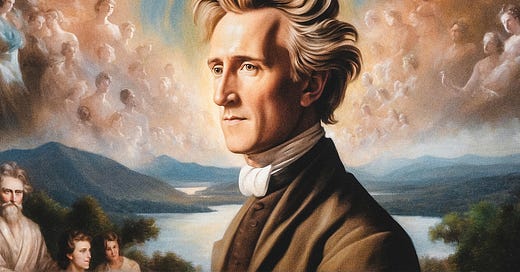



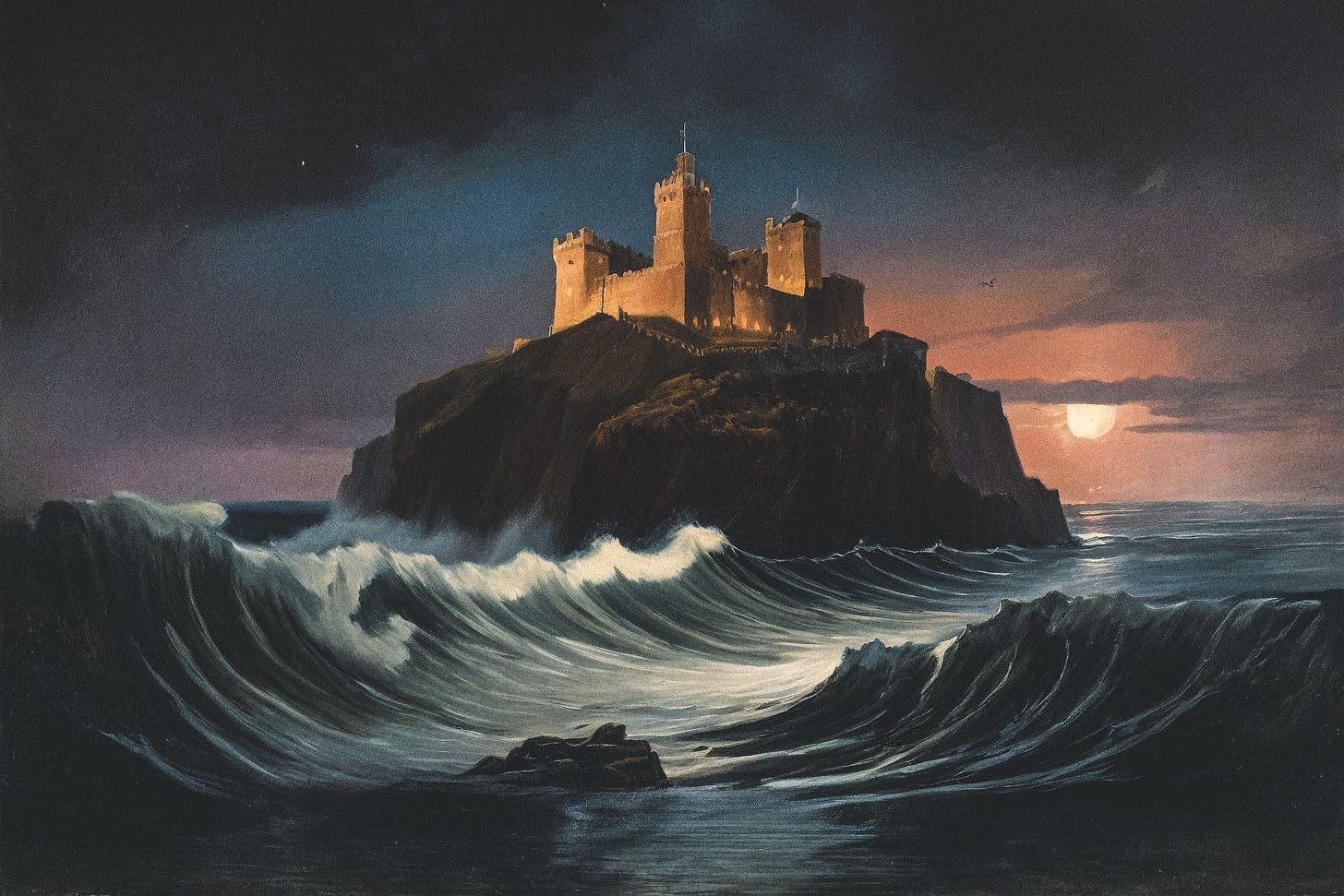
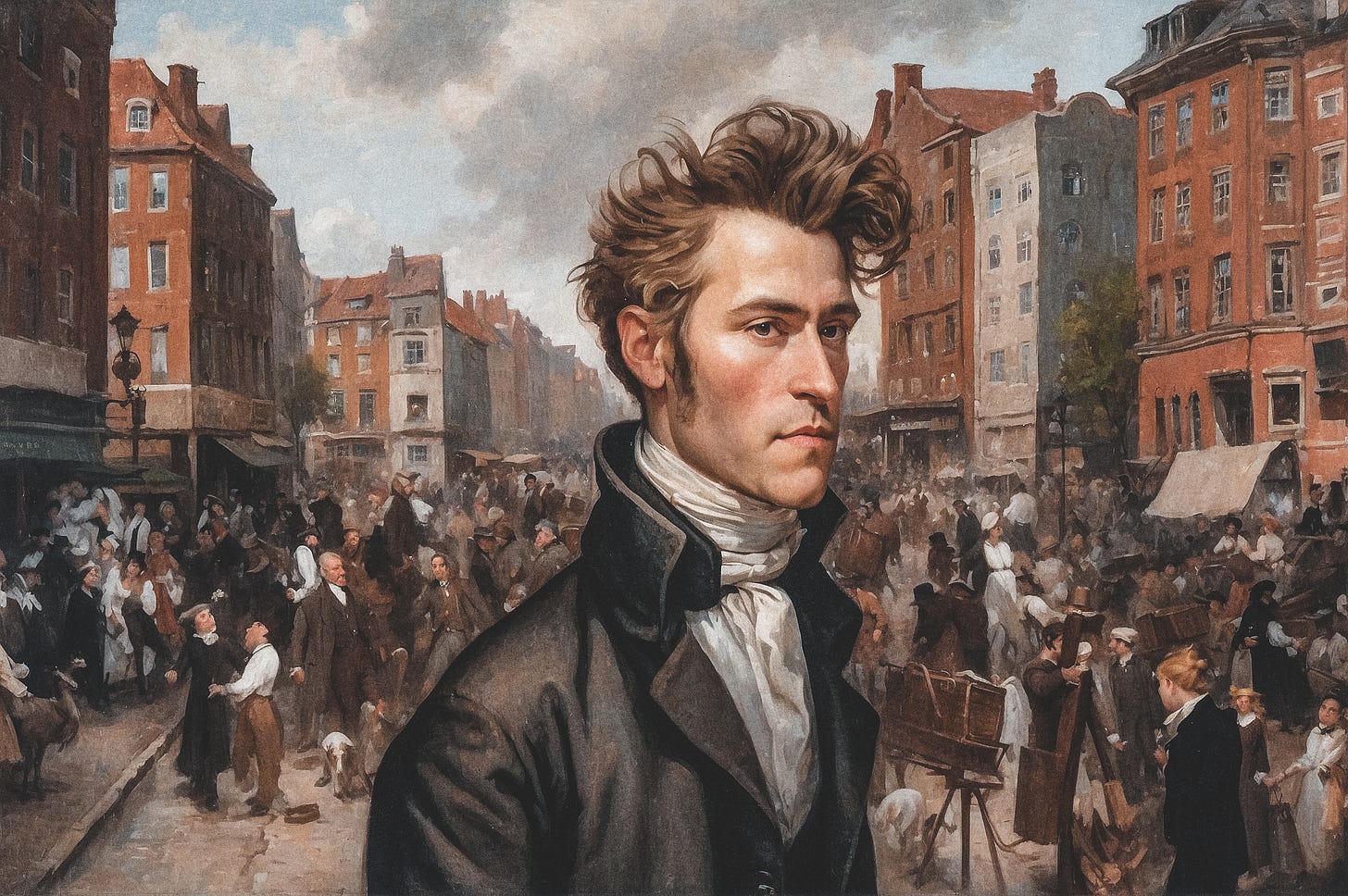
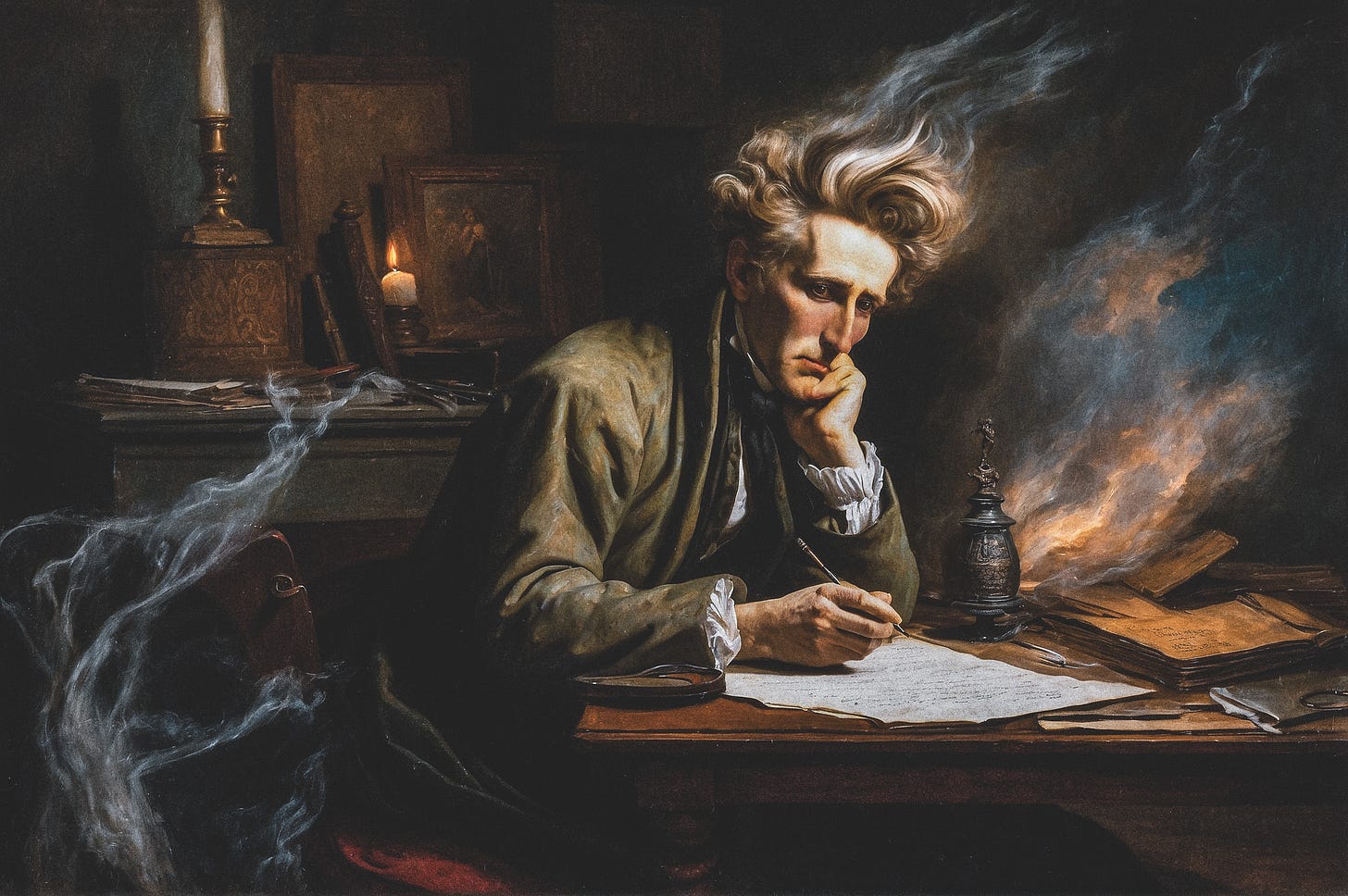
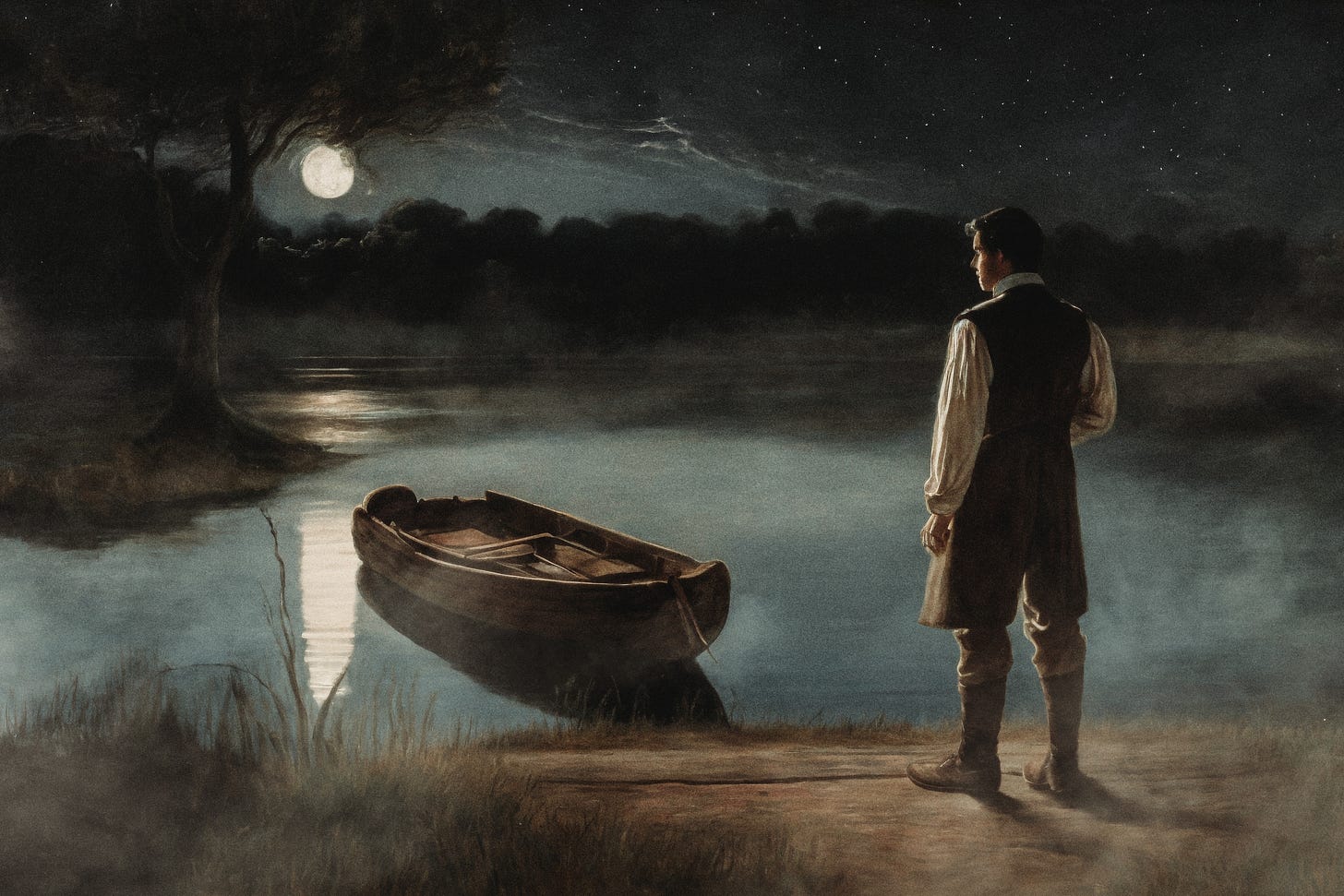
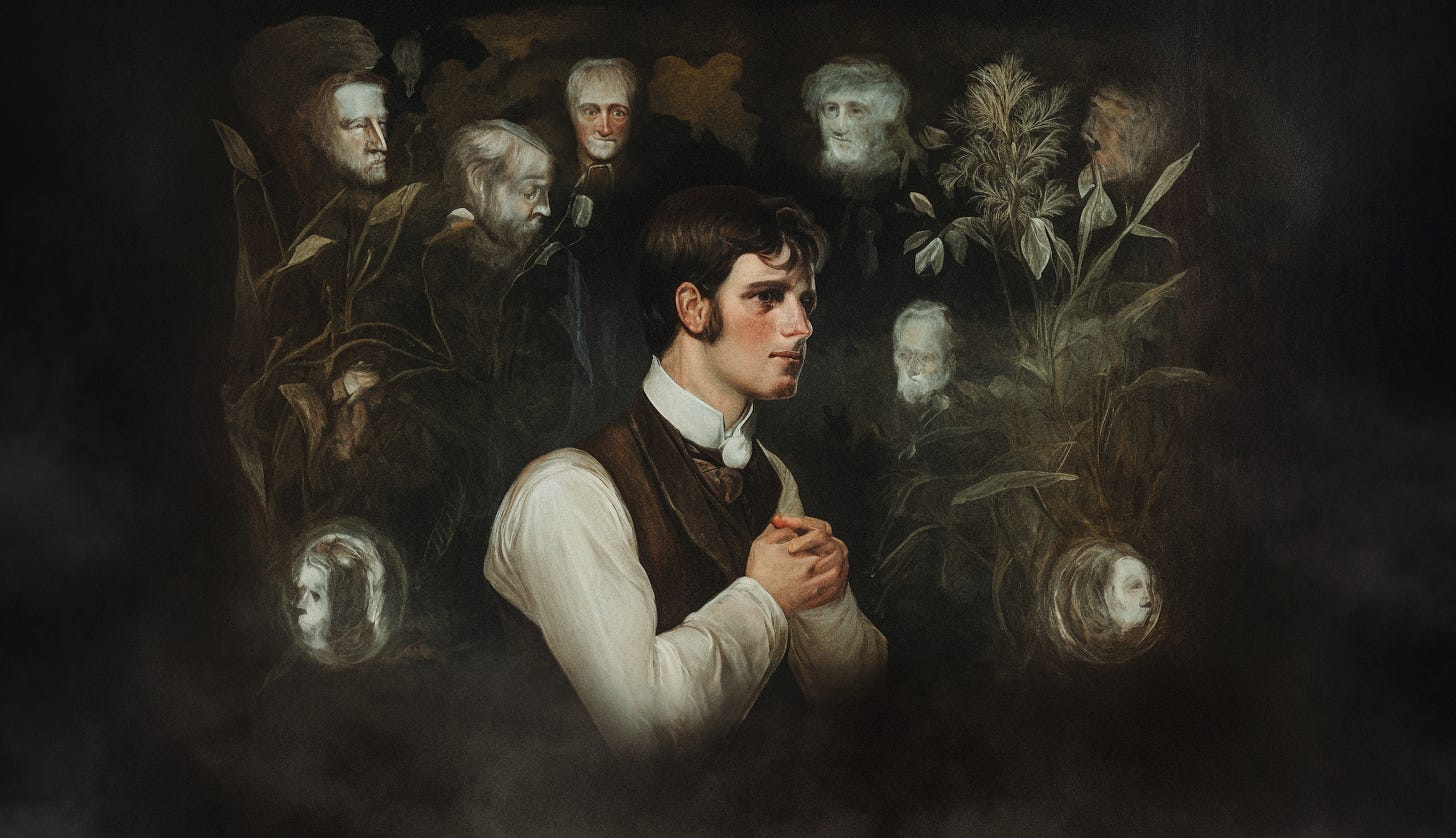
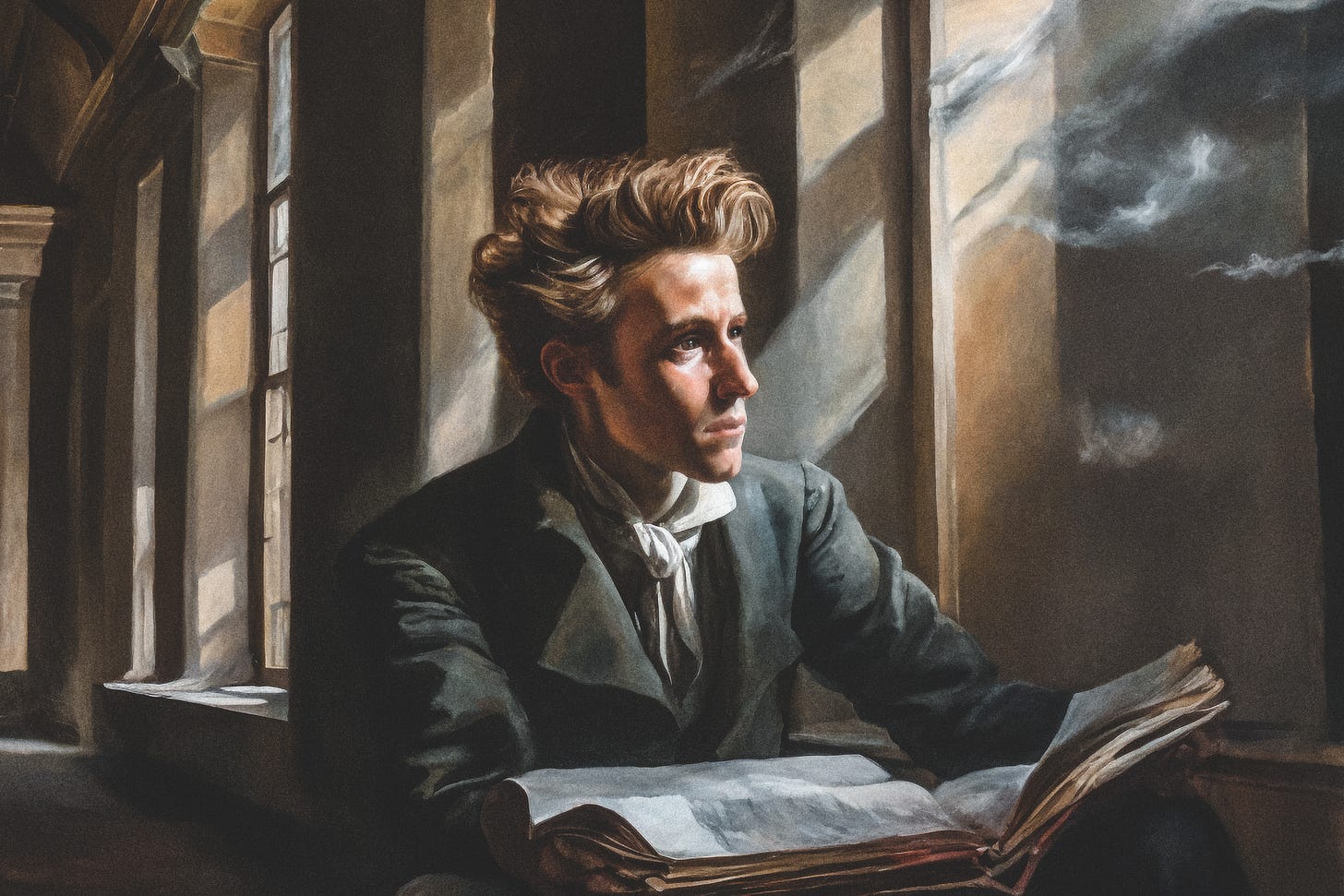

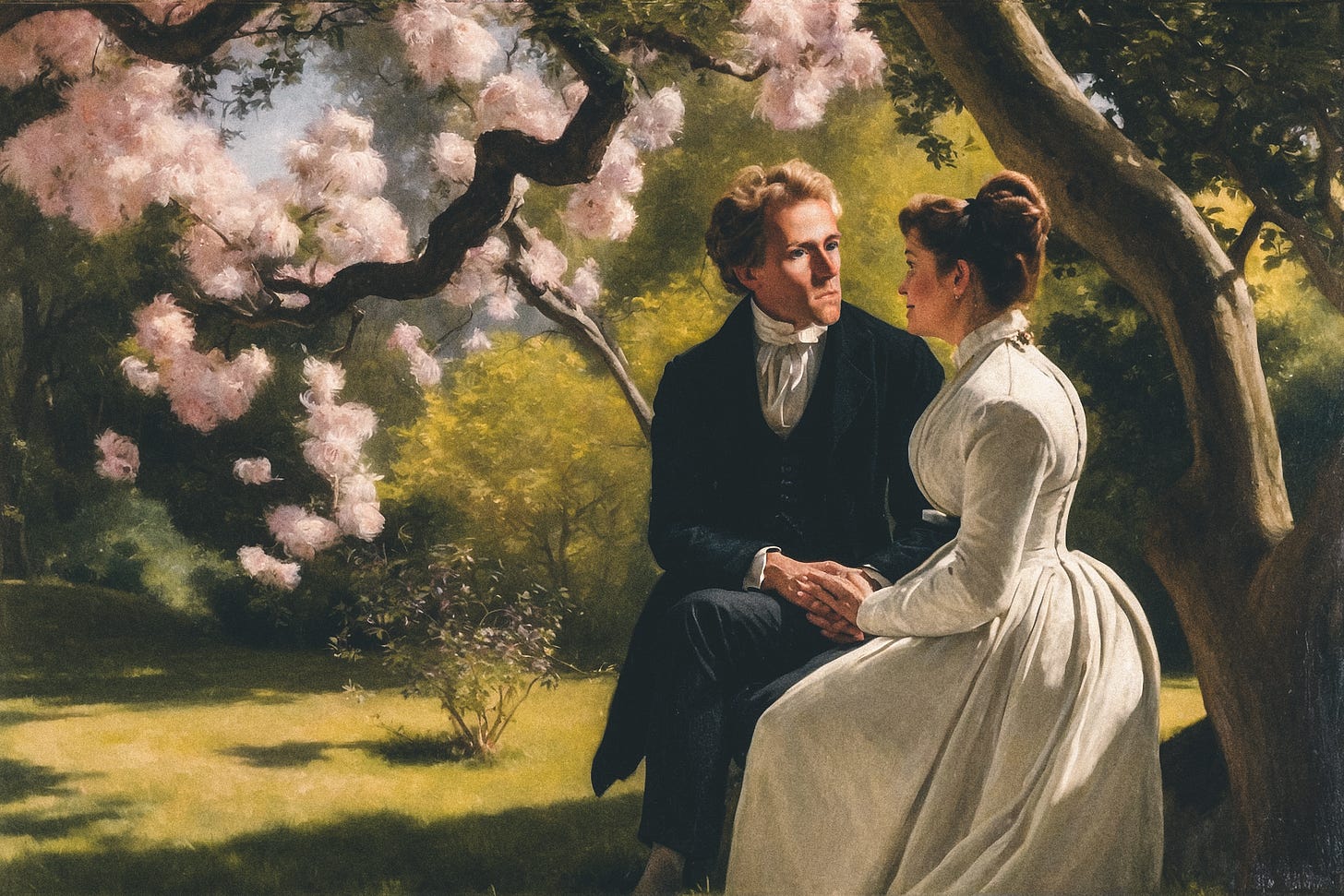
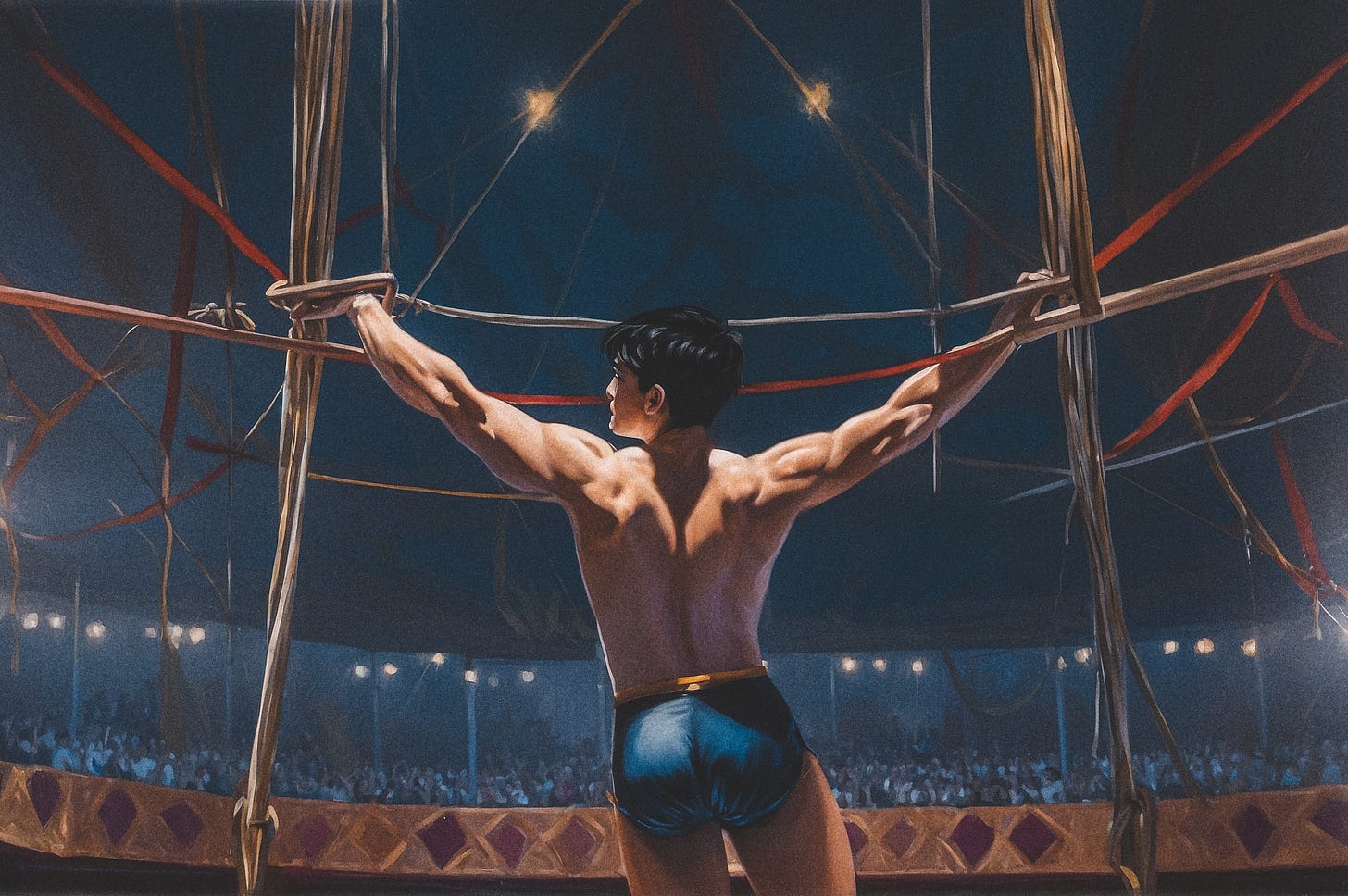
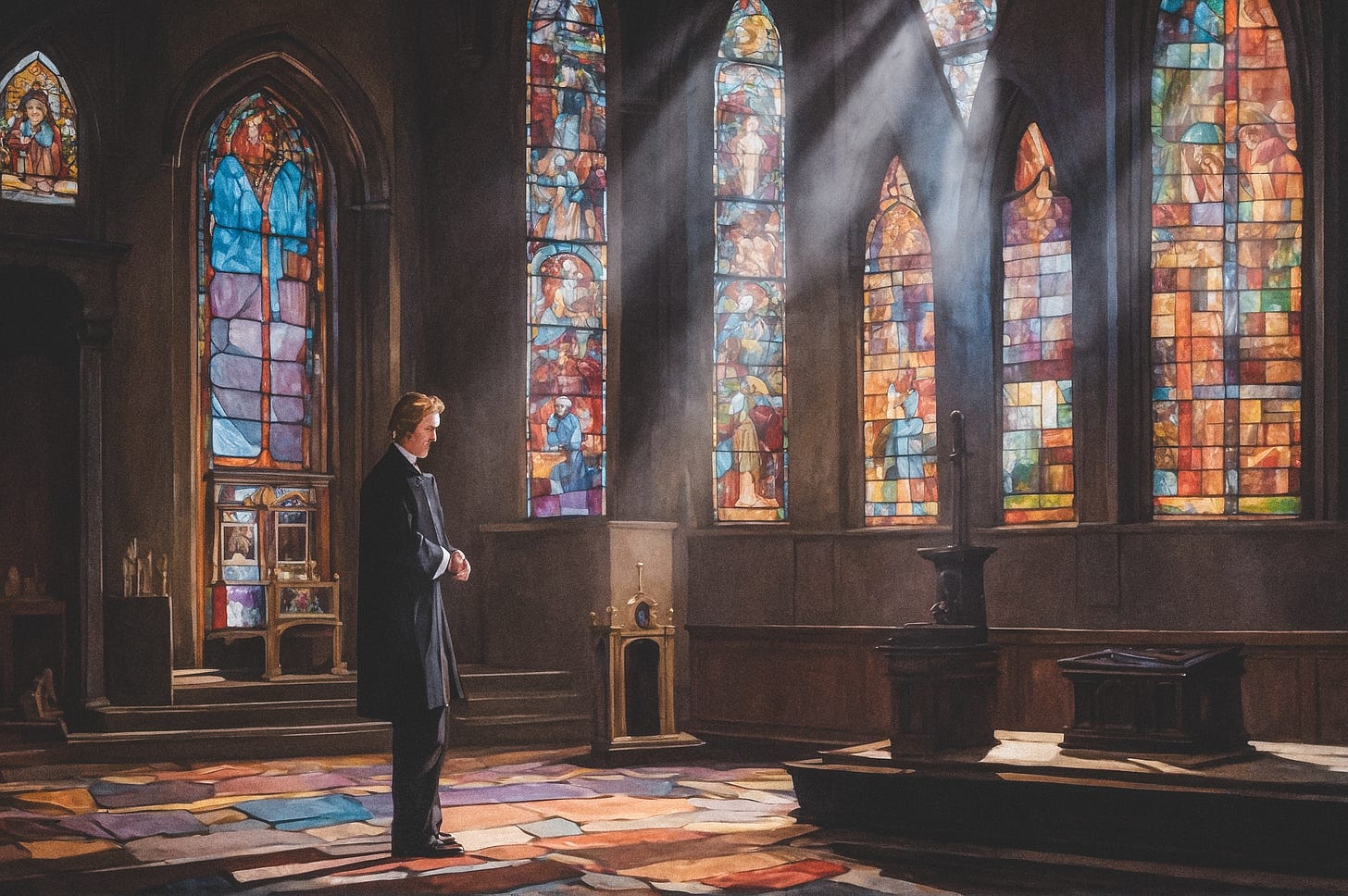
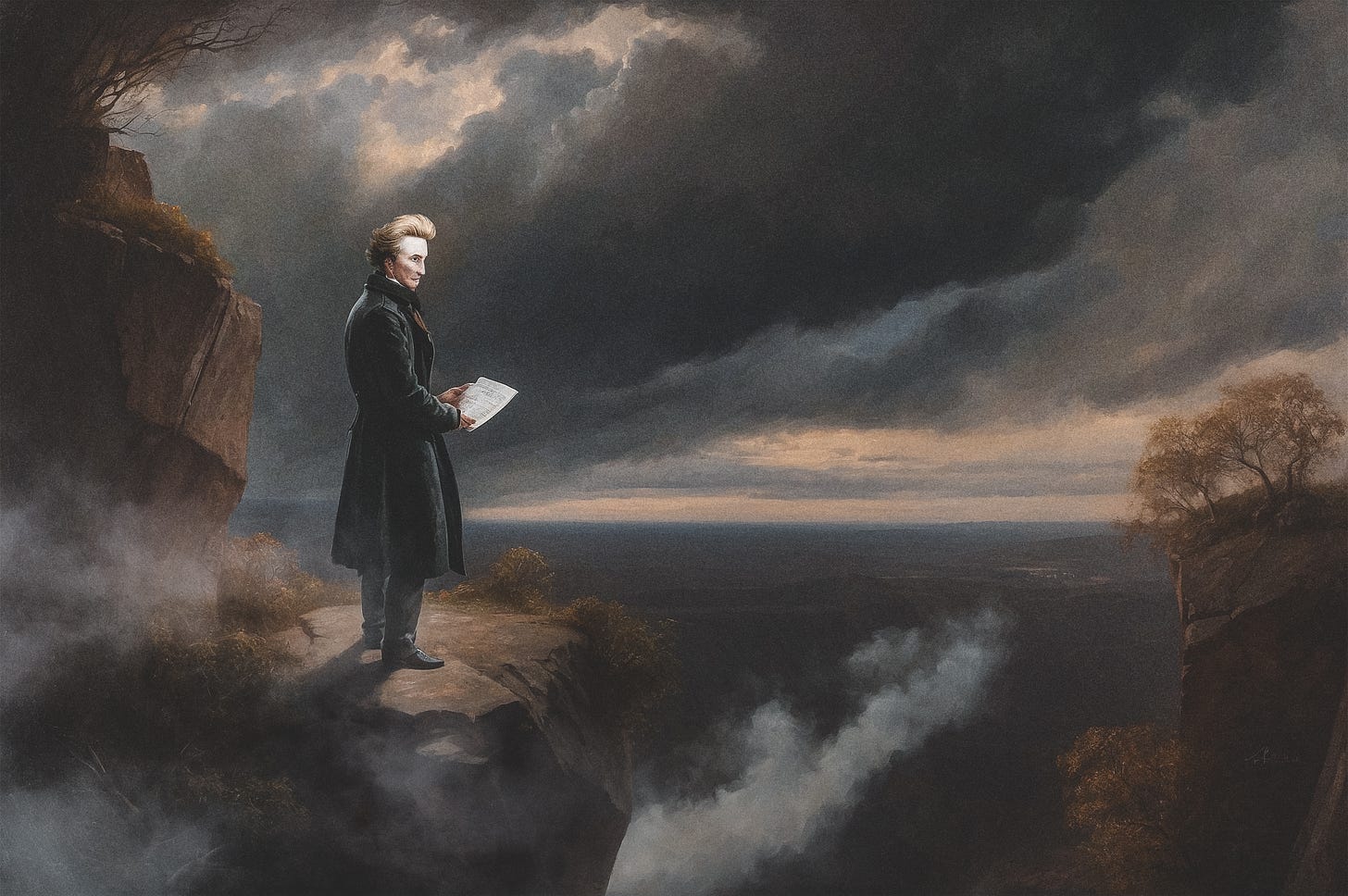
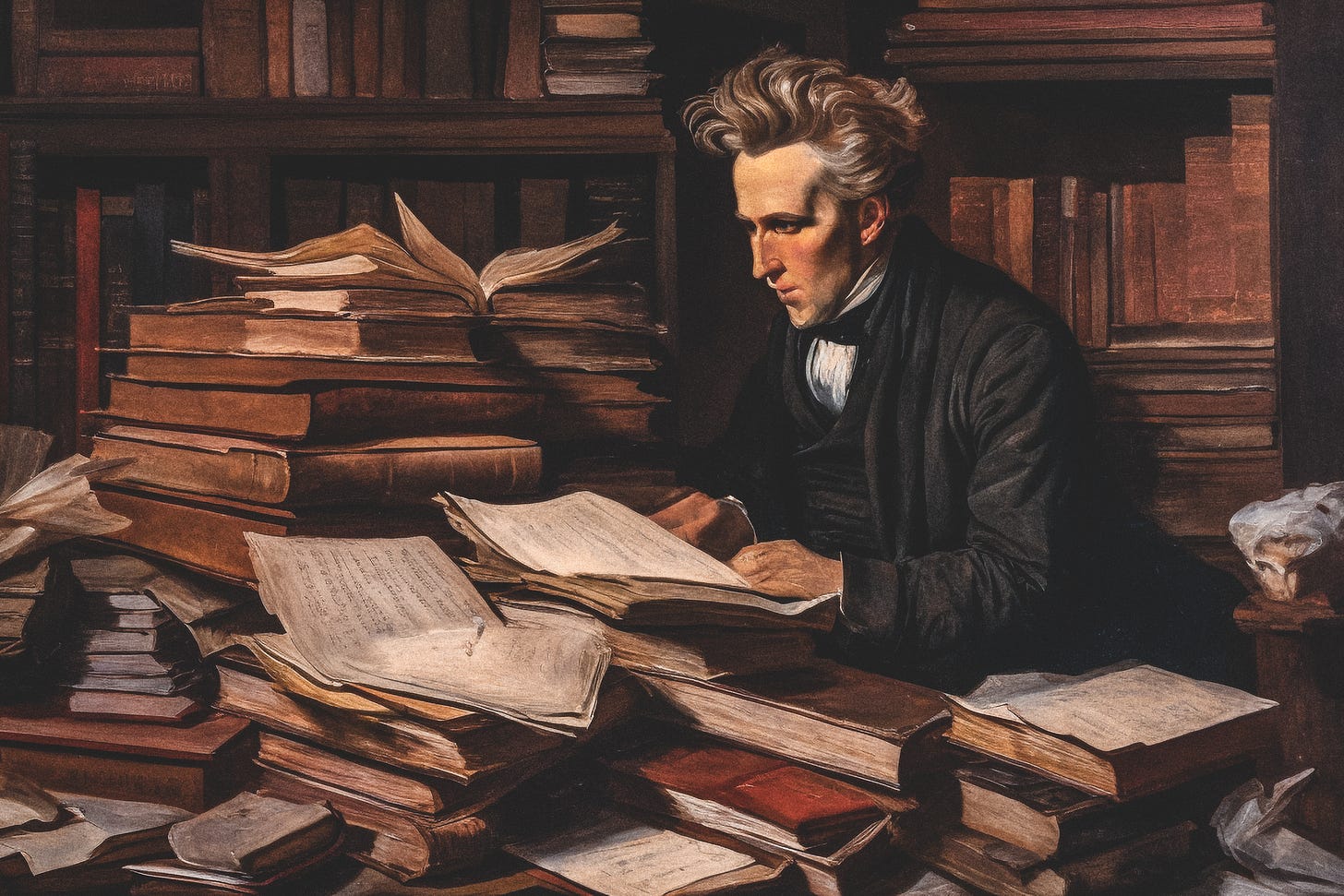
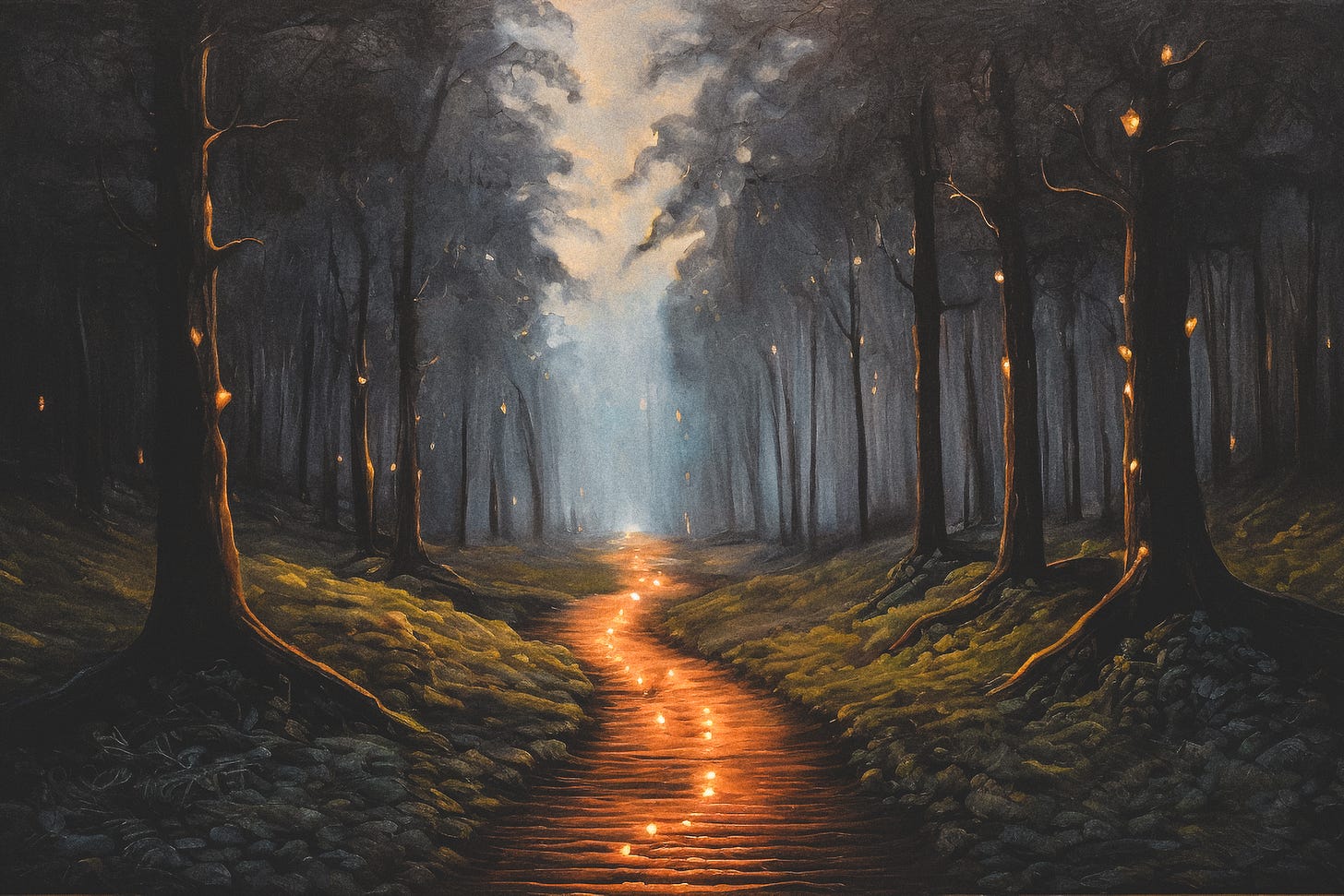
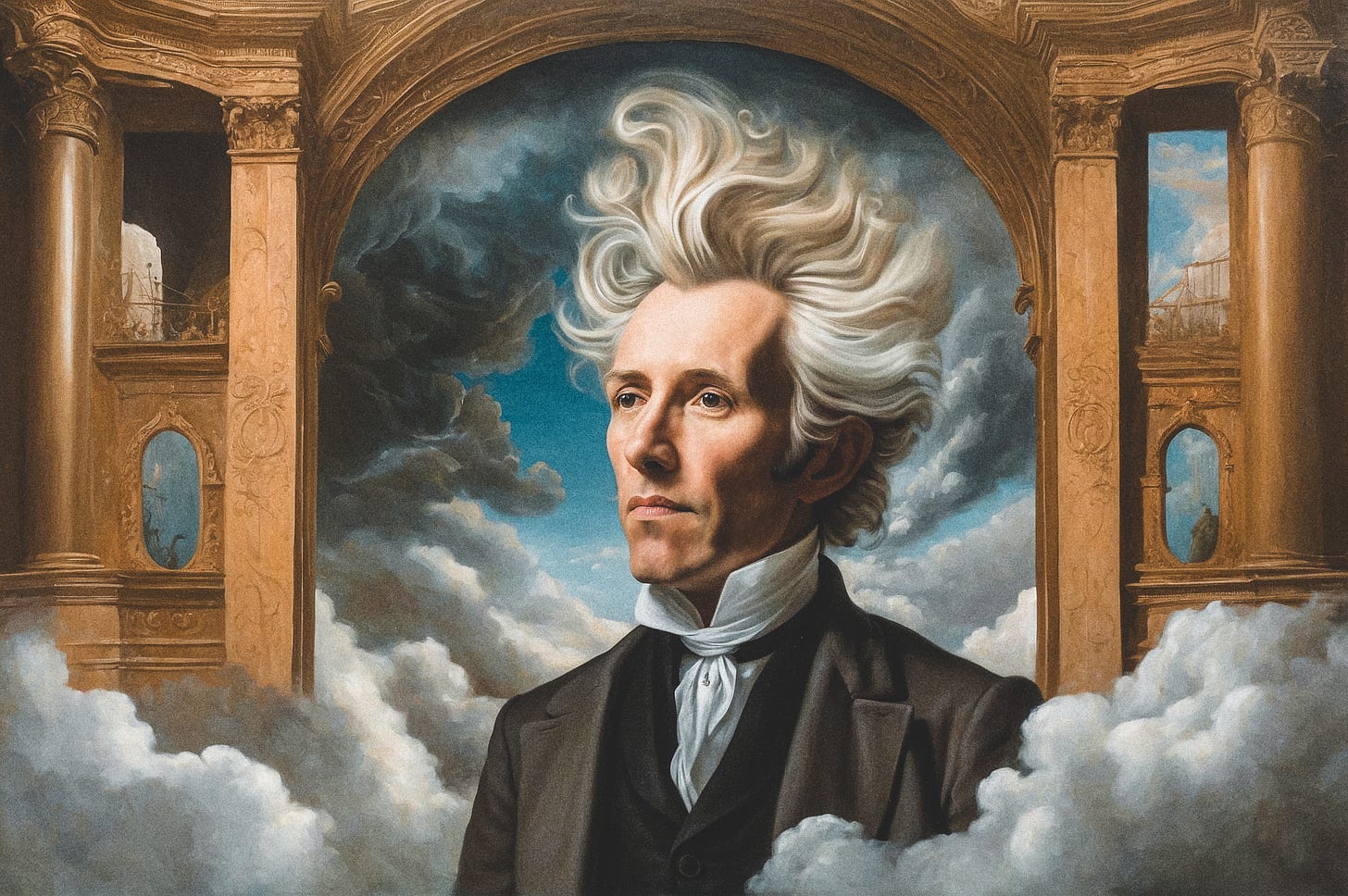
🌟 Thank you for diving deep into the world of Søren Kierkegaard with me! If this post resonated with you, consider sharing it to spread these timeless insights.
💬 If you've had any insights, breakthroughs, or reflections while watching, please share them below – your experiences can be a beacon of light for others!
👍 For more enlightening content, make sure to subscribe and join our community of seekers. Your journey towards wisdom and transformation starts here.